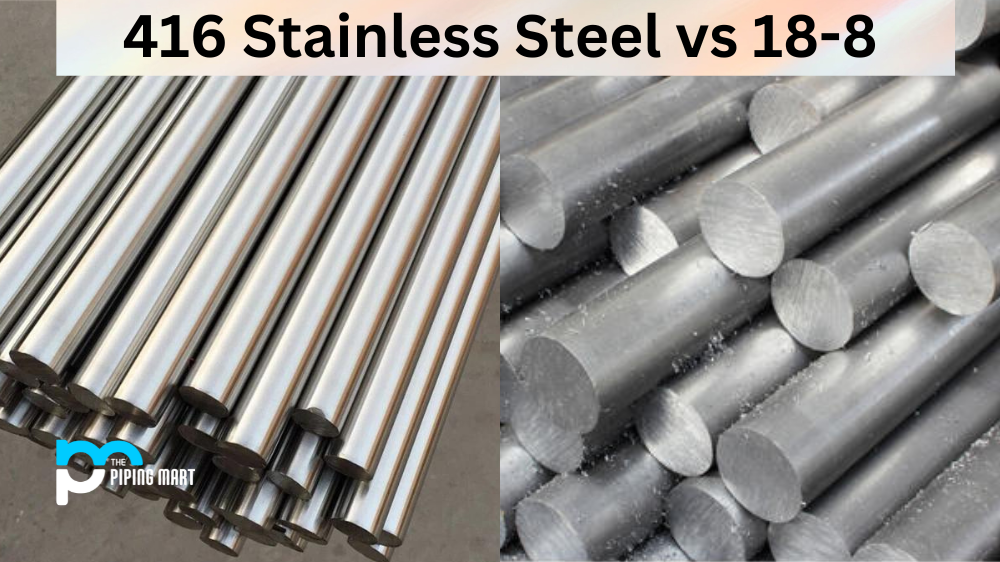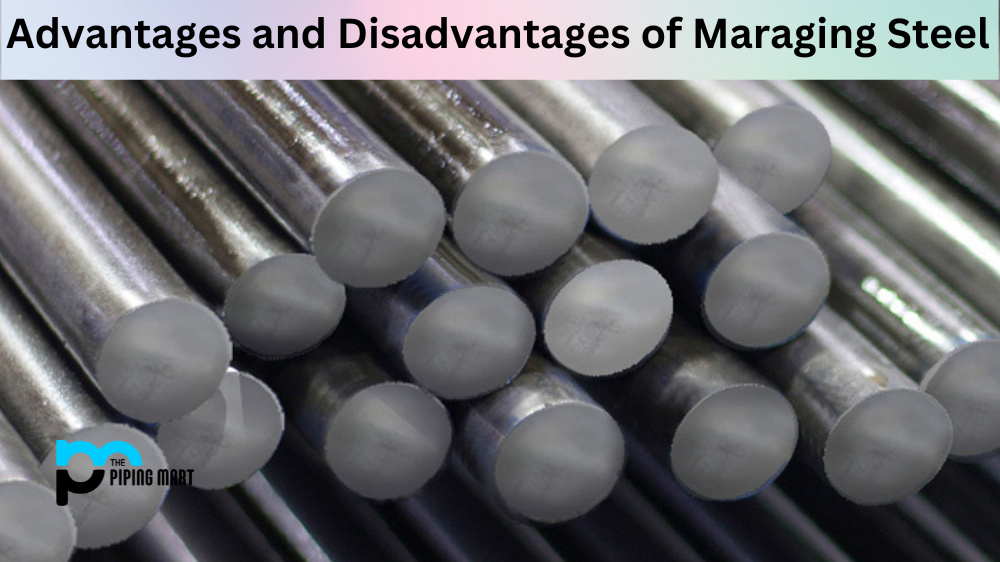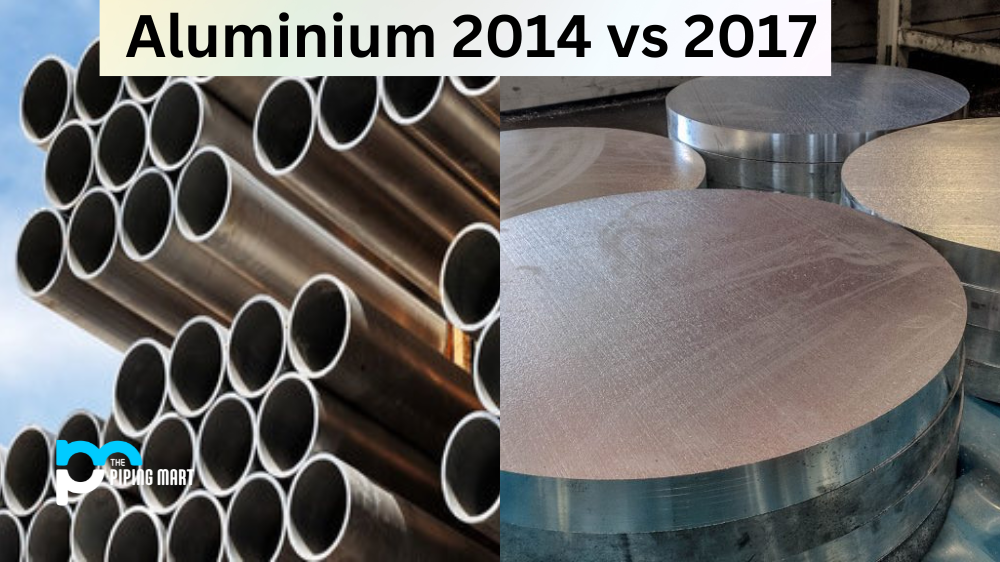Stainless steel is a popular material used in various applications due to its remarkable resistance to corrosion and durability. However, numerous types of stainless steel have unique properties, making it essential to understand their differences before selecting the ideal one. In this post, we will delve into two widely used stainless steel materials – 416 stainless steel and 18-8 stainless steel – and explore their attributes to help you make an informed decision.
What is 416 Stainless Steel?
416 stainless steel contains sulfur, which enhances its machinability, making it a popular choice for applications where machining is essential. This steel type is often used to manufacture bolts, nuts, and screws. Its high tensile strength of about 689 MPa and good corrosion resistance make it ideal for marine and aerospace applications. However, it is crucial to note that the corrosion resistance of 416 stainless steel is lower than other types, such as 316 stainless steel. Hence, there are better choices for applications in harsh environments.
What is 18-8 Stainless Steel?
18-8 stainless steel, or 304 stainless steel, is the most common type. This type of steel is non-magnetic, resistant to corrosion, and contains approximately 18% chromium and 8% nickel. Combining these two elements gives 18-8 stainless steel its excellent corrosion resistance properties, making it perfect for use in applications such as kitchen sinks, appliances, and in the pharmaceutical industry, among other uses. Due to its durability, it is also a popular choice for outdoor furnishings, such as railings and plant hangers.
Difference Between 416 Stainless Steel and 18-8
Corrosion Resistance
As stated earlier, the corrosion resistance of 416 stainless steel is lower than that of 18-8 stainless steel. While 416 stainless steel is resistant to various acids, including nitric acid, sulfuric acid, and phosphoric acid, it may corrode easily in alkaline solutions. On the other hand, 18-8 stainless steel has excellent resistance to both alkaline and acidic environments, except in chloride environments, where it tends to corrode.
Machinability
Machinability is an essential factor to consider when choosing stainless steel for various applications. 416 stainless steel is easy to machine, making it the preferred choice for applications where precision machining is necessary. However, 18-8 stainless steel is relatively easy to machine due to its high work hardening rate, and it may require special equipment to achieve the desired results.
Composition
The main difference between 416 stainless steel and 18-8 stainless steel is their composition. 416 stainless steel contains more chromium, while 18-8 stainless steel contains more nickel. The higher percentage of chromium in 416 stainless steel gives it better corrosion resistance, while the higher percentage of nickel in 18-8 stainless steel gives it better resistance to acids. Additionally, the different percentages of these two metals give each type of stainless steel different mechanical properties.
Uses
The different composition of 416 stainless steel and 18-8 stainless steel has different uses. 416 stainless steel is typically used to manufacture knives and other cutting tools due to its high wear resistance. 18-8 stainless steel is often used in the food industry due to its non-magnetic properties and corrosion resistance.
Price
The price is another difference between 416 stainless steel and 18-8 stainless steel. 416 stainless steel is typically more expensive than 18-8 stainless steel due to its higher chromium content.
Conclusion
Selecting the ideal stainless steel for your application requires careful consideration of various factors, such as corrosion resistance, machinability, and tensile strength. As highlighted in this article, the essential differences between 416 stainless steel and 18-8 stainless steel are their machinability, corrosion resistance, and applications. While 416 stainless steel is easy to machine and corrosion-resistant, it is not the best choice for applications in harsh environments. On the other hand, 18-8 stainless steel is perfect for use in most environments due to its excellent corrosion resistance, but it is challenging to machine. Choosing the right type of stainless steel for your application will help ensure that your product lasts longer, performs better, and remains corrosion-free.

A passionate metal industry expert and blogger. With over 5 years of experience in the field, Palak brings a wealth of knowledge and insight to her writing. Whether discussing the latest trends in the metal industry or sharing tips, she is dedicated to helping others succeed in the metal industry.




